2 min read
Gospel-Centered from the Start
“Let us hold unswervingly to the hope we profess, for He Who promised is faithful…Jesus Christ is the same yesterday, today, and forever.” (Hebrews...
By Mike Doggett, former Aftercare Manager
-
A little over 21 years ago, I consumed my last drink of alcohol and went on what has proved to be a very rewarding, yet challenging journey in recovery.
I have spent time on mountaintops where I was confident that God was with me, surrounding me with His mercy and grace. I have also spent many days in the valley, where it seemed that God was far from me and the enemy was having his way.
21 years ago, if you had told me that I had to stay sober for 5 years, I would have probably laughed in your face. Yet, for the past 21-plus years I have remained sober. So how did I do it?
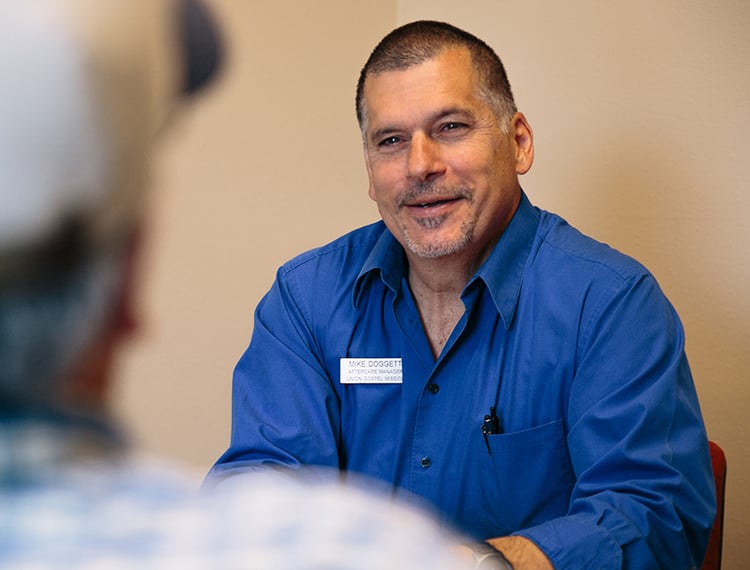
One day at a time.
I recently had a LIFE Recovery Program resident tell me that his goal was to make it to 5 years where he would be able to join other alcoholics who have found freedom from their addiction. He held his hand up displaying five fingers pointing up and said, “5 years!”
I encouraged him to keep pressing forward but left that meeting with a feeling that something was missing in his plan. He had almost 2 years of sobriety, leaving a little over 3 years before he hit his goal. Then it struck me. His goal was only to stay sober for 5 years!
It’s not that 5 years is a bad goal. In fact, research shows that people who continue in recovery for five years have an 85% chance of continuing in ongoing recovery for life. However, over-emphasizing the five-year mark has a few problems: 1) In the early days, it seems like forever; 2) a lifetime, not 5 years, is really the goal; 3) recovery isn’t a destination but a journey.
Though 5 years of sobriety is an ambitious milestone, it cannot be the goal in recovery. Sobriety is a series of steps that a person takes one day at a time. If you do the work, that may add up to an accumulation of time. But there is no guarantee that 5 years is that magic number.
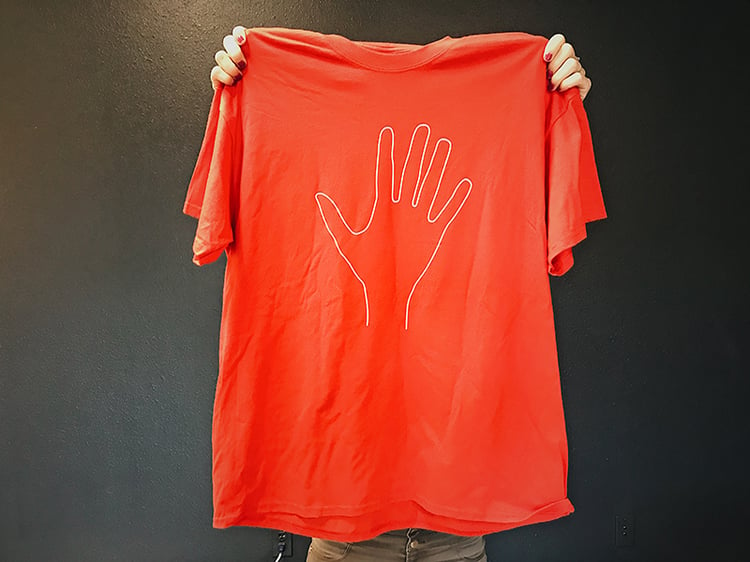
UGM Aftercare has T-shirts celebrating the 5-year milestone as a good predictor of lifelong recovery.
I have sat in rooms with people who had 20+ years of sobriety. Through a series of unfortunate and unforeseen events, they unfortunately went back to doing what they swore they would never do again. I have met with individuals who reach a milestone and think, “it will be different this time,” and pick up that next drink.
Recovery from substance abuse is similar to recovering from other diseases such as diabetes, heart disease or cancer. You can treat diabetes with an insulin shot or a pill, but it requires permanent lifestyle changes to prevent further complications. A 5-year cancer-free check-up is an important milestone for a smoker, but it is not a guarantee that you will not have complications in the future, especially if you continue to smoke. We treat heart disease and high blood pressure with medication, but we are also told to change our eating and exercise habits.
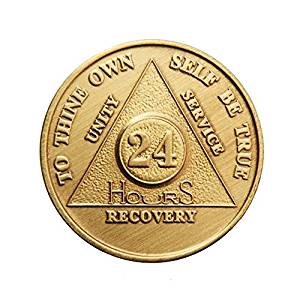 At a recent UGM Men’s Recovery for Life 12-Step meeting, we were celebrating several 2- and 3-year sobriety dates when a gentleman spoke up proclaiming his achievement of being sober for 24 hours. This simple proclamation was a reminder to each of us that all we have is this day. We can pray for the next 5 years and celebrate those milestones when they occur, but when it comes down to it, today is all we have.
At a recent UGM Men’s Recovery for Life 12-Step meeting, we were celebrating several 2- and 3-year sobriety dates when a gentleman spoke up proclaiming his achievement of being sober for 24 hours. This simple proclamation was a reminder to each of us that all we have is this day. We can pray for the next 5 years and celebrate those milestones when they occur, but when it comes down to it, today is all we have.
This is not only a recovery concept; it is also a reminder from Jesus, who tells us in Matthew 6:34 (NLT): “So don’t worry about tomorrow, for tomorrow will bring its own worries. Today’s trouble is enough for today.”
Here is where this can get a little confusing for the recovering alcoholic or addict. Jesus tells us not to worry about tomorrow. Then we are told to put together a relapse prevention plan that includes identifying the people, places and things we need to stay away from, or stay close to, with a goal of lifelong recovery. Which way is it?
Jesus also speaks to this in Matthew 7:24-26:
“Therefore everyone who hears these words of mine and puts them into practice is like a wise man who built his house on the rock. The rain came down, the streams rose, and the winds blew and beat against that house; yet it did not fall, because it had its foundation on the rock. But everyone who hears these words of mine and does not put them into practice is like a foolish man who built his house on sand.”
Planning and worrying are two different things. When we worry, we are not trusting God for our future. But the Bible does teach the importance of preparation. When I read this Bible verse, I do not see Jesus telling me to prepare for a specific date, but to be prepared for the storm that is sure to come. So I will plan for lifelong recovery and thank God each day I wake up and can celebrate another day of sobriety.
A critical part of planning is in the development of internal motivation for remaining in recovery.
External factors brought most of us to the point where we decided we needed recovery. A DUI or loss of job are examples of external motivators that may have directed us towards recovery. Other external motivators could be a loss of relationship, losing parental rights, or becoming homeless.
External motivators are most often temporary factors that require an immediate response. A night in jail may result in probation with a requirement for addiction treatment, but at some point that probation is going to be satisfied and will go away. A job loss due to intoxication could result in homelessness and recovery efforts but a new job may seem to answer this temporary situation. Once that external motivator goes away, what will keep you in recovery?
I recently met with an individual whose drinking had advanced to a fifth of vodka per day accompanied by a 12-pack of beer. She was feeling desperate and was searching for an answer to her current financial dilemma.
When I asked her, “What does recovery look like?” she said, “Recovery is having enough money for rent, groceries, gas for my car, insurance and my daughter moving back home.” She had a number of external motivators that had brought her in to talk to me.
I asked her, if she had enough money to do all these things and her daughter were to move back home, would she still want to be sober? She looked at me and said, “No, I wouldn’t.” She got up and left.
Without internal motivation, there is no drive to remain sober when the externals are gone. Internal motivators are what keep us in recovery, even when the external motivators are satisfied.
In 1994, I quit drinking because I was told I had a drinking problem, and if I wanted to continue in this relationship I needed to quit.
I quit drinking for 4 years, but not because I believed I had a drinking problem. I quit because I wanted to prove that I didn’t have a drinking problem. I had the external motivators of relationship and shelter, but I had failed to develop any kind of internal motivators that would help me stay in recovery for the long haul. I had built my house on sand rather than on a rock.
With no internal motivation for staying sober, I got onto a 747 in 1998 and accepted a glass of champagne from the flight attendant, thinking, “This time it will be different.” Within 24 hours, I was back to heavy drinking.
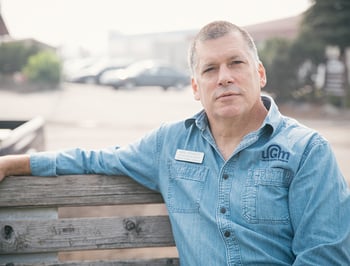 This experience helped me to develop my internal motivator: “believing, without a doubt, that this substance will kill me if I drink it.” The second internal motivator is my relationship with Christ. One of the first things I do when I contemplate relapse is I start avoiding the healthy people in my life, and that includes avoiding God.
This experience helped me to develop my internal motivator: “believing, without a doubt, that this substance will kill me if I drink it.” The second internal motivator is my relationship with Christ. One of the first things I do when I contemplate relapse is I start avoiding the healthy people in my life, and that includes avoiding God.
Today, my external motivators of house, job, the law, and reputation are all still important factors in my recovery and have helped me achieve 21-plus years of sobriety. But living a productive life and my relationship with Christ are what keeps me at the table that God has invited me to.
An external motivator of 5 years will get you to the table of recovery, but what is going to keep you at that table when that 5-year mark has passed?
There's another word that refers to our internal motivation: The heart. The only changes that last, in recovery or otherwise, originate from the heart. Read Phil Altmeyer’s reflections about heart change here.

2 min read
“Let us hold unswervingly to the hope we profess, for He Who promised is faithful…Jesus Christ is the same yesterday, today, and forever.” (Hebrews...

9 min read
To celebrate 75 years of serving the Inland Northwest, we are spending the year remembering our history and the faithfulness that built us and...

2 min read
In 2026, Union Gospel Mission Inland Northwest is approaching our 75th Anniversary! This is a milestone that invites gratitude and reflection, and...

Five years. It takes five years actively pursuing recovery for an addict to have a strong chance (about 85%) of lifelong recovery. Five years minus...

Having recently celebrated the 2018 LIFE Recovery Commencement, we know the story is just beginning for the honorees. Their time at UGM was a time of...
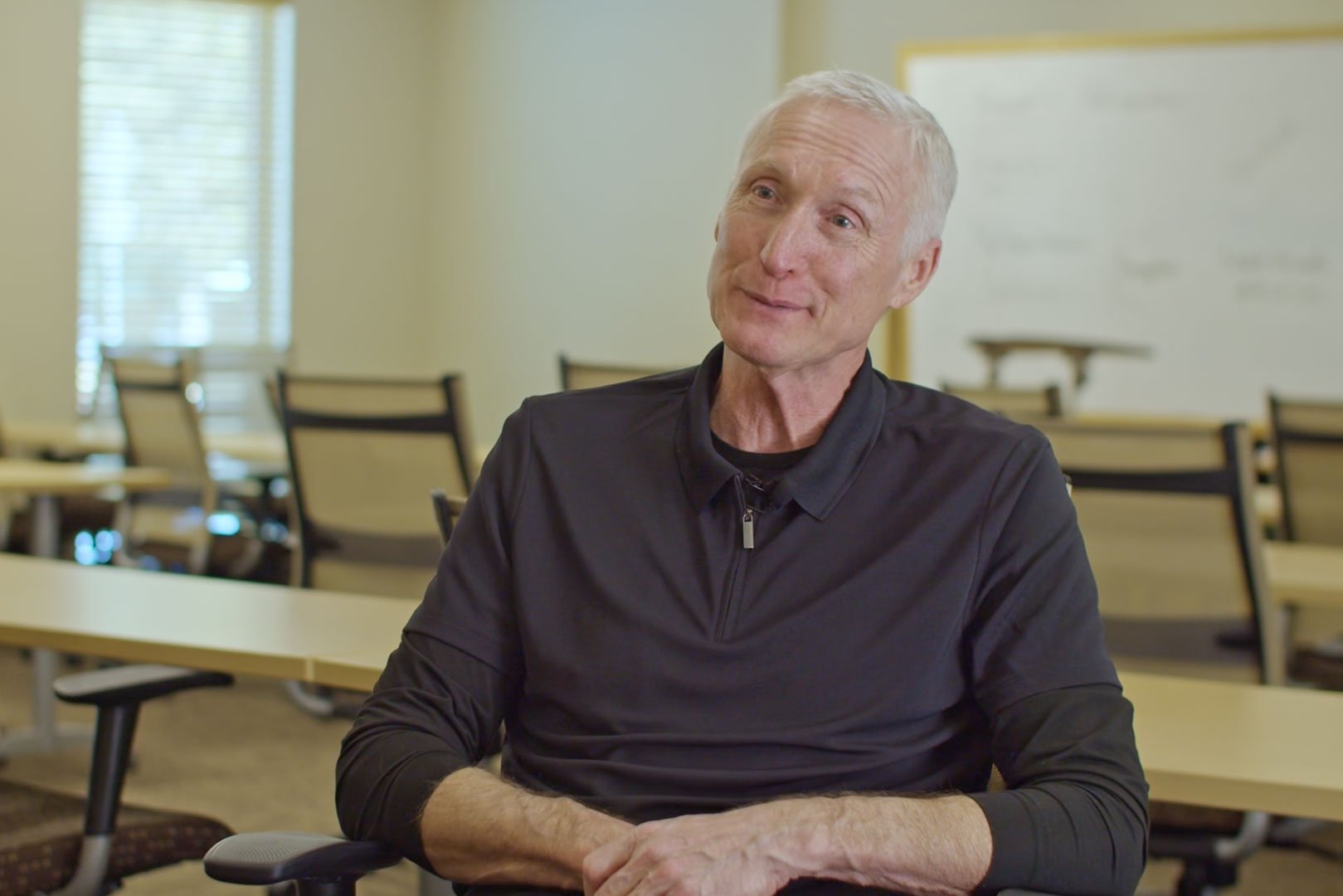
Union Gospel Mission’s LIFE Recovery program is more than a treatment program; it’s an in-depth approach to whole-person healing. It acknowledges...